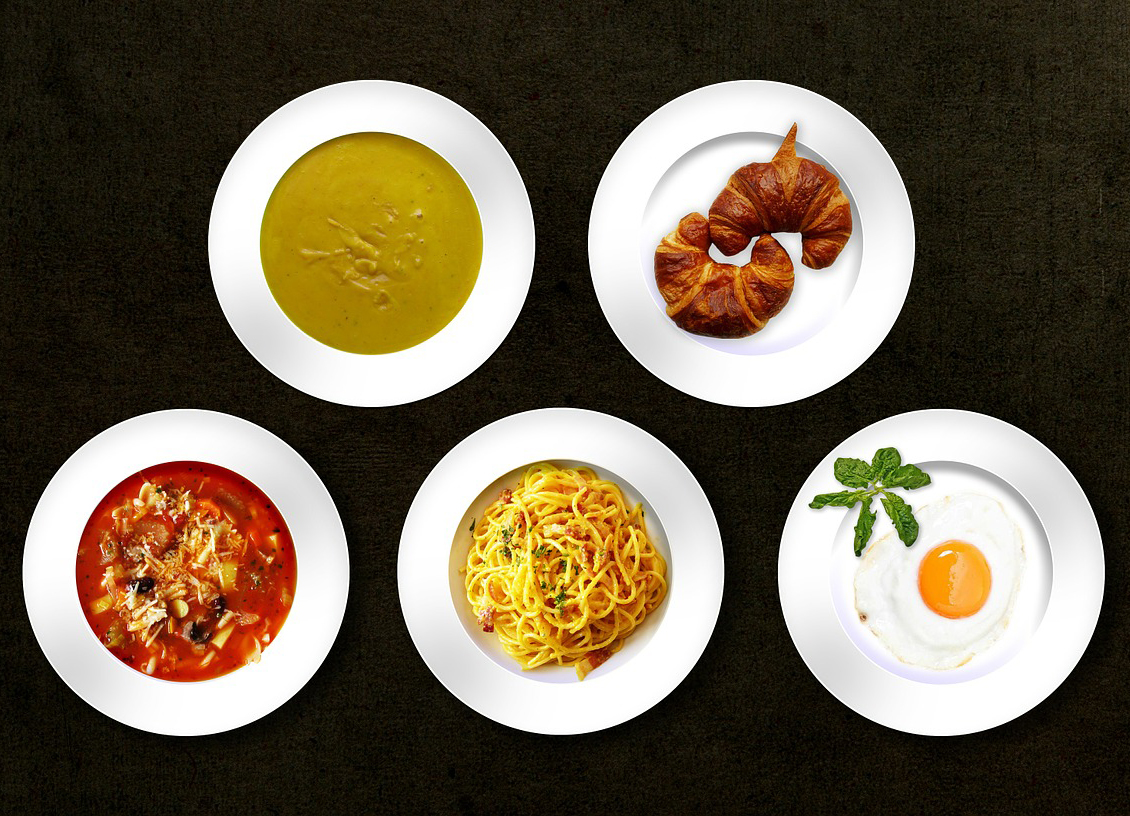Being healthy, as they say, is 80% diet and 20% exercise. Which is why we should always put premium on what we eat to maintain a healthy body. Thankfully, there is no shortage of healthy foods all around, it’s all a matter of planning it out and making sure you get the right macros. Or is it? Is it really that easy? Doing the grocery, preparing your meals, searching for recipes, and cooking, these are just a few of the things involved in keeping your food choices healthy. It’s a lot of effort, really. So if you’re one of those who doesn’t want to bother about preparing her own meals, but want to make sure they’re eating the right foods, than healthy meal delivery services may be perfect for you. How do you get started? Here are the top 5 healthy meal delivery services to try in 2018:
1. Frozen meal plans
Frozen meal delivery services offer gourmet meals that are frozen but guaranteed healthy. You would think that frozen food wouldn’t have any good effects on your body, but it’s all a matter of choosing the right meal provider. Some frozen meals are filled with so much fat and sodium, making it counterproductive for being healthy. View here to see some good and healthy choices from NutriSystem. Depends on your budget and preferred meal plan, rates start at $10 a day and go up to $14 when you opt to add high-protein shakes.
2. Ketogenic meals
Ketogenic diet may just be a fad right now but it has proven a track record of successful weight loss journeys. Keto diet is generally a high-fat, adequate-protein, and low-carb diet. The goal with consuming these types of food for a certain period of time is to induce the body to feed on fat, instead of carbohydrates, for energy. A common misconception about doing the keto diet is that it’s all merry and fat, but that’s not totally true. The kind of fat you’re supposed to take on a keto diet are supposed to be healthy ones. These include monounsaturated fats, omega-3 fatty acids, MCT oil, butter, ghee, and the like.
3. Calorie counted meals
An important step in losing weight and becoming healthy is eating the right amount of calories per day. On the average, women need to eat around 2000 calories a day in order to maintain their weight, and then 1500 calories to promote weight loss. In men, 2500 calories is needed for maintenance, and 2000 for weight loss. But it also depends on your current metabolism and regular daily activities. Calorie counted meal plans often have 1200, 1500, or 1800 calorie set meals. Sometimes they go up to 2000 calories for specific meals like a high protein diet for athletes. There are many different weight loss meal delivery programs you can choose from.
4. Paleo diet meals
Paleo or paleolithic diet consists of meals presumed to be eaten by early humans. These meals mainly include fish, meat, vegetables, and fruits. Processed foods, grains, and dairy products are excluded from this diet. The benefits? You avoid health conditions that stem from a sedentary lifestyle, such as obesity, heart disease, and diabetes. Paleolithic diet proposes that we cut modern foods from out diet to keep us healthy.
5. Meal replacement shakes
Meal replacement shakes like Usana’s Nutrimeal and Herbalife F1 shake aim to supplement the body with enough calories, protein, fiber, and essential vitamins and minerals. They’re a convenient way to get a healthy and low calorie meal that’s easy to prepare. Just blend it in with water and ice and you’re good to go. If you’d like, you can also mix in some fruits and berries to make it even yummier.
Comments
comments
